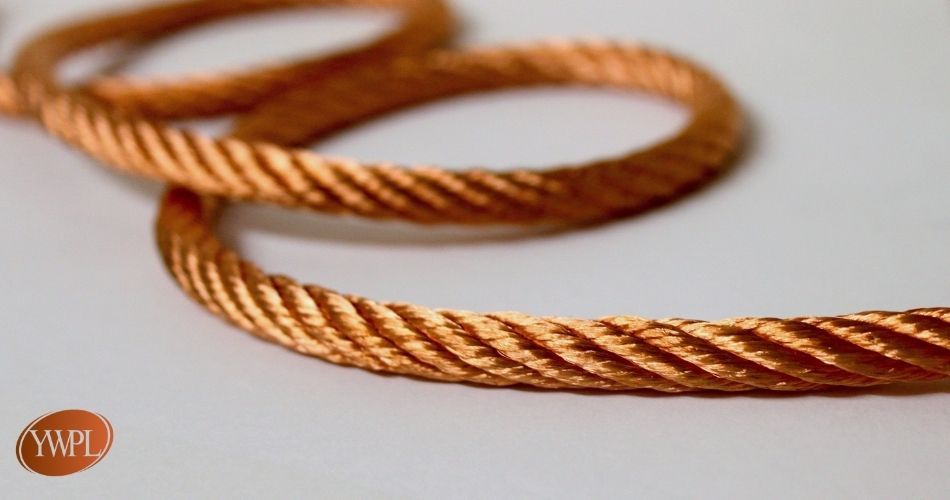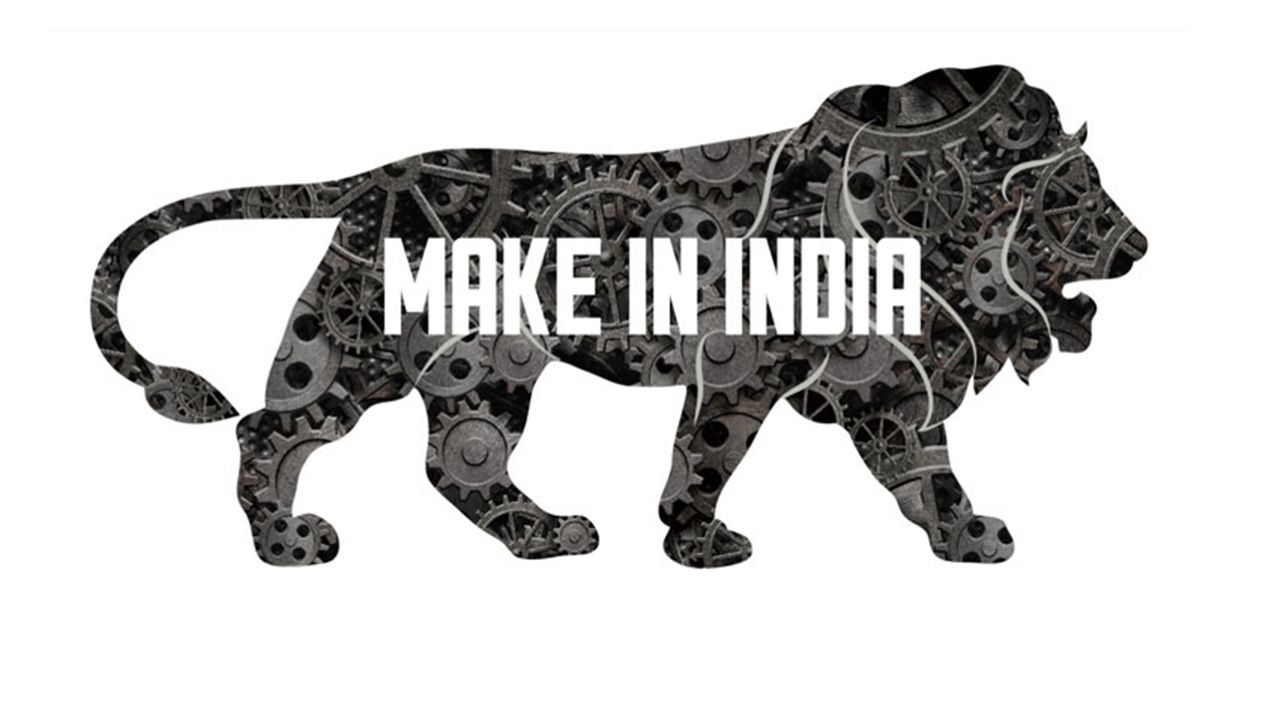Copper Flexible Ropes
Yeshwant Wires is a leading Copper Flexible Ropes manufacturer in India, offering high-conductivity and durable copper ropes used in electrical, automotive, power, and industrial applications. Our ropes are made from multiple fine strands of 99.99% pure electrolytic copper wire twisted or braided together to provide exceptional flexibility, mechanical strength, and current-carrying capacity.
Available in both bare copper and tinned copper flexible ropes, these products deliver exceptional conductivity, flexibility, corrosion resistance, and durability. They comply with IS, IEC, and ASTM standards and are available in various constructions such as round braided, bunched, and stranded types for dynamic and vibration-prone applications.

Description
Copper Flexible Ropes are conductors made from numerous fine copper wires twisted or braided into a rope-like structure. They offer superior flexibility, making them ideal for dynamic applications that involve continuous movement, vibration, or temperature changes. These ropes ensure reliable current flow while minimizing fatigue and mechanical stress on terminals and components.
These ropes are extensively used in transformers, busbar systems, switchgear, control panels, battery banks, earthing systems, welding machines, generators, automotive, railway, solar energy, and power transmission systems where superior electrical performance and flexibility are essential for reliable operation.
Key Features & Advantages
- High Electrical Conductivity: Manufactured from 99.99% pure electrolytic copper.
- Superior Flexibility: Ideal for vibration-prone and dynamic electrical connections.
- Corrosion Resistance: Available in both bare and tin-plated finishes.
- High Mechanical Strength: Withstands repeated bending and movement without breakage.
- Low Power Loss: Ensures stable current flow with minimal resistance.
- Custom Constructions: Available as bunched, braided, or stranded flexible ropes.
- Thermal Stability: Performs efficiently under varying load and temperature conditions.
Technical Specifications
| Property | Specification | Significance |
|---|---|---|
| Conductor Material | High-Conductivity Electrolytic Copper (Bare or Tinned) | Copper ensures maximum current transfer. Tinned copper provides corrosion resistance, extending life in demanding environments. |
| Voltage Grade | Typically Up to 1.1 kV (Low Voltage) | The rating is determined by the insulation (if present). They are generally used in low-voltage power and bonding applications. |
| Operating Temperature | -40°C to +105°C (Insulation Dependent) | The temperature range is usually determined by the most flexible insulation types (like PVC or Silicone), allowing the rope to retain flexibility across a wide thermal range. |
| Construction | Ultra-Fine Strands (Class 5 or Class 6) twisted into Ropes | Defining Feature. The extremely fine stranding provides the highest level of flexibility, making them ideal for dynamic applications where the conductor is subject to constant bending or vibration. |
| Insulation | PVC, Silicone, or Rubber (Optional) | Often used as bare ropes for grounding or flexible links within equipment. When insulated, materials like Silicone are chosen for extreme flexibility and temperature tolerance. |
| Flexibility Class | IEC 60228 Class 5 (Flexible) or Class 6 (Very Flexible) | This classification quantifies the level of flexibility, with Class 6 being the most flexible and used for highly dynamic connections, such as welding leads. |
| Application | Welding Cables, Battery Cables, Jumpers in Switchgear, Flexible Power Connections to Robotics, and Grounding Straps. | Used specifically where fatigue resistance and continuous movement are primary operational requirements. |
Applications
Copper Flexible Ropes are used in various industries where superior electrical performance and flexibility are essential. Common applications include:
- Transformers and Busbar Systems
- Switchgear and Control Panels
- Battery Banks and Earthing Systems
- Welding Machines and Generators
- Automotive and Railway Applications
- Solar Energy and Power Transmission Systems
Manufacturing & Quality Assurance
At Yeshwant Wires, every copper flexible rope is produced using advanced stranding and braiding machines for precision and reliability. Ropes undergo stringent testing for tensile strength, resistance, flexibility, and coating thickness under ISO certified quality systems.
Why Choose Yeshwant Wires?
- Leading Copper Flexible Ropes Manufacturer in India.
- Customized rope sizes and constructions to meet specific electrical needs.
- State-of-the-art machinery ensuring uniform stranding and coating quality.
- Competitive pricing with reliable export and domestic supply chain.
- Trusted supplier to major power, electrical, and industrial sectors.
Industries We Serve
We supply Copper Flexible Ropes to diverse industries such as power generation, automotive, renewable energy, marine, switchgear, transformer, and electrical equipment manufacturing. Our solutions are tailored for high performance, consistent quality, and precision-engineered reliability in mission-critical applications.

